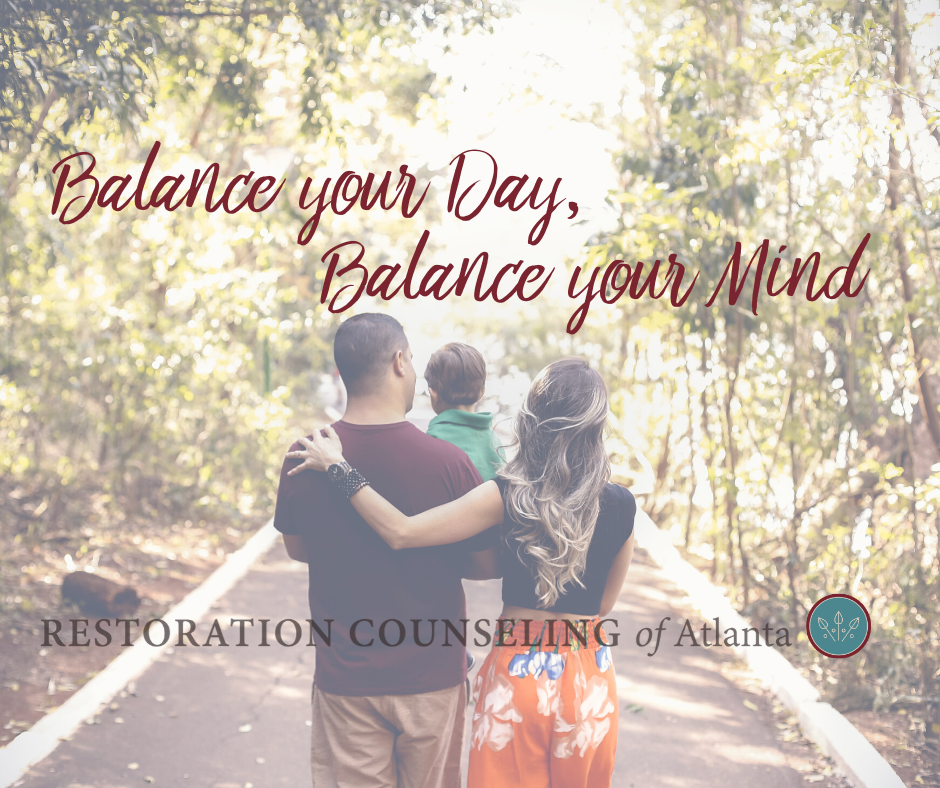There are a lot of things I will be okay with leaving behind as we slowly move back into “normal” life. I want to be closer than 6 feet to my friends. I want to eat at a restaurant. I want to walk through my favorite park. There is one thing I will miss though.
This story starts back to the first time I moved to Georgia. I had just graduated college with no job prospects and moved in with my family who had recently located to Georgia from Connecticut. This lasted for about nine months. It was too quiet and I wanted to see the world.
After spending a year teaching English in Taiwan, I moved to Philadelphia with some friends from college. I loved it. It was busy, it was diverse, it was exciting. There was always something new to explore. I spent many nights meeting up with friends at subway stops and going to our favorite restaurants.
I eventually got married and had my son. As I worked from home I spent my days “leaning in.” Every waking hour was spent taking care of my son, working on my computer, or doing something around the house. My brain never shut off. Additionally, the bus line we lived on went directly to Center City and served as a reminder every 10 minutes that there was also still exhilaration to be had outside of my house. I wanted it all. But instead of getting it all, I crashed and burned…hard. My mind still raced with all I wanted to do, but my body lulled with fatigue.
Eventually, I came back to Georgia with my family where we intentionally moved to a quieter area with more green space. I thought I had slowed down because there was no longer a busy city outside of my house to contend with, yet I still found my mind racing with a bunch of to-dos. Who would do the dishes? Who would make sure my son wasn’t spending too much time in front of a screen? How would I use the Master’s degree I had just earned? I had changed the world around me, but I hadn’t matched my interior life to my exterior life.
So have you guessed yet what I will miss as life moves back to its normal pace? The slow-down. The time I spent looking my family members in the eyes rather than running out to another baseball practice. The hour I spent planting herbs in my yard, digging my fingers in the soil, rather than buying another bunch of parsley at the grocery store. The intentional moments I spent in the early morning sitting quietly before I had to homeschool and run the dishwasher again.
It’s not that baseball practice or going to the grocery store or having things to do is wrong. But when the scales get tipped too far one way, our mental health takes a toll. Dr. Dan Siegel, a renowned psychiatrist, created the Healthy Mind Platter which is the mental health version of the USDA’s food pyramid. It includes “seven daily essential mental activities to optimize brain matter and create well-being” – focus time, playtime, connecting time, physical time, time in, downtime, and sleep time.
As I was looking at the Healthy Mind Platter again the other day, I was struck by the balance that it displays. Sleep time balances physical time. Time in (quiet reflection) balances connecting time. Downtime balances focus and playtime. I was also struck by my own experience. My mind is now getting the downtime and time in that it had been lacking. There’s a balance versus a constant moving. The ancient wisdom in Ecclesiastes still holds true – “There is a time for everything and a season for every activity under heaven.”
Everyone has their own experience. Some of you may feel the scale is being tipped the other way; after weeks of being our houses, there is too much downtime. Instead of a mind that races, maybe motivation is lacking. That is completely valid. The Healthy Mind Platter is a great way to practically understand how your lifestyle may be affecting your mental health. As you look at your day, can you identify time spent in each of the seven categories? If you find that any of the categories are lacking, are there ways that you are able to balance your day?
There can certainly be challenges to balancing our days – busy work schedules, parenting, and the coronavirus are just a few of the roadblocks. Still, I have found that slowing down and taking the time to find my balance has been worthy of the time and energy I have spent doing it. It has allowed my mind to feel calmer and more ready to take on the challenges that life undoubtedly continues to throw my way.
References
Siegel, D. (2020). Retrieved from Dr. Dan Siegel – Inspire to Rewire: https://www.drdansiegel.com/resources/healthy_mind_platter/

Written by Ashley Skinner
ashley@restorationcounselingatl.com
Ashley takes a multi-theory approach to psychotherapy. This allows her to take the whole person into account – mind, body, and soul. Her emphasis is on Cognitive-Behavioral Therapy, Narrative Therapy, and mindfulness techniques. She works with individuals, ages 18 and up, who are dealing with anxiety and/or depression, postpartum anxiety and/or depression, trauma, abuse, life transitions, self-esteem issues, and grief.

